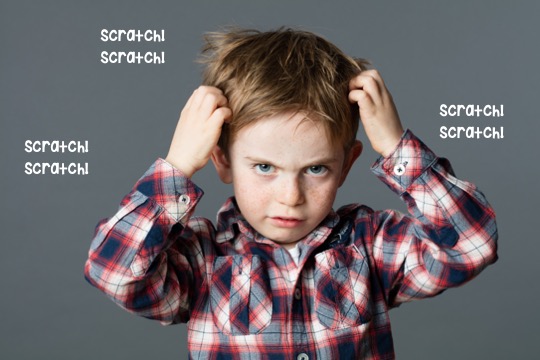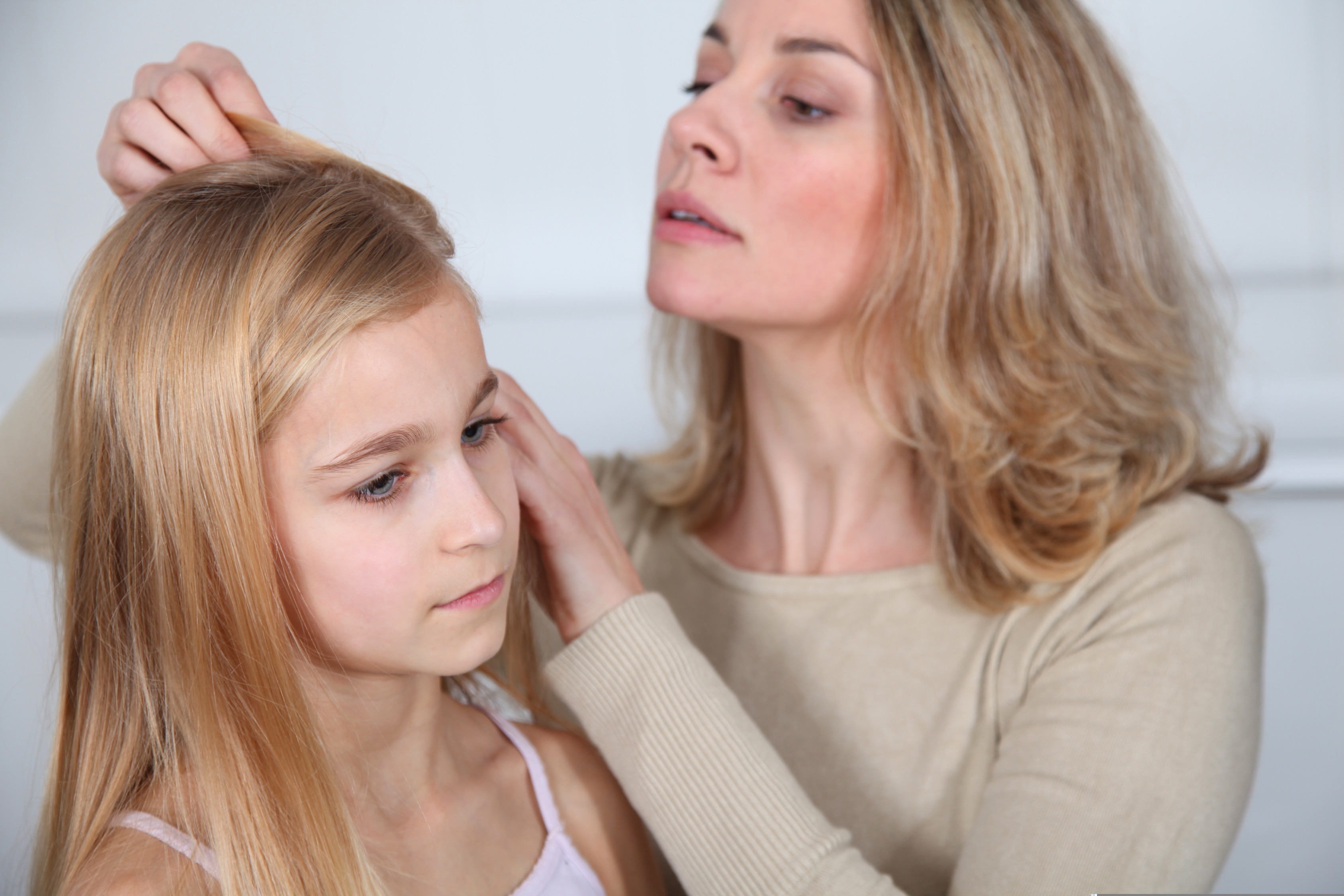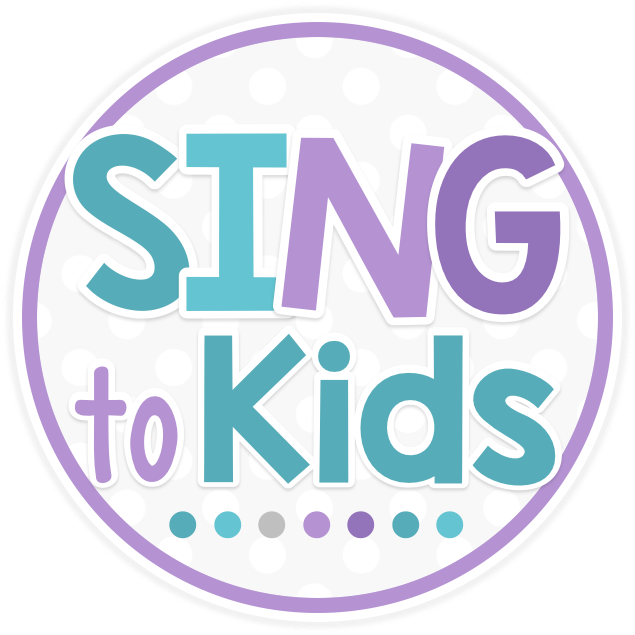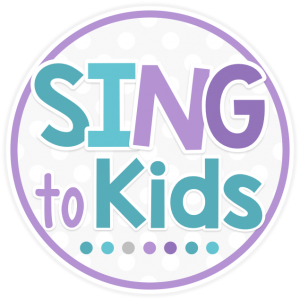
My first year teaching, my mentor pulled me aside and said, “Your first year of teaching will be your sickest year of teaching. Wash your hands every chance you get.” Never were there truer words! In spite of my best intentions, I still caught just about every illness that my students had. It’s just part of the territory of being a new teacher. Your immune system has to build itself up against the onslaught of germs that come with the hugs and high fives of elementary kids.
What no one warned me about was the risk of getting lice. Granted, I taught for 23 years before getting it, but it was an unsettling experience! I wouldn’t wish this on anyone, so I want to share some tips and tricks I learned during my experience with head lice.

Facts about Lice
So let’s start with some basic facts about lice, because there are a lot of myths out there.
- Lice are not an outcome of poor hygeine.
- Lice are parasitic insects.
- Lice trapeze from hair to hair, so people with long hair are more susceptible to lice.
- The itching associated with lice is an allergic reaction to their saliva as they bite you.
- 40% of people who have lice do not have an allergic reaction (itch) and often don’t know they have lice.
- A female lays about 10 eggs on your scalp per day.
- Lice need to feed off of the scalp, so although they can live on other items (e.g. clothing), they need a human head to live. So don’t worry about your pets getting it.
- Washing everything doesn’t really help as they can live up to 9 hours in water. Better to use a lint roller to “clean” affected areas (e.g. bedding, coats, throw pillows).

So What Do You Do if You Get Lice?
So, if as a teacher, you find yourself with lice, what can you do?
- Stay calm. The reality is that by the time you discover you’ve got it (due to itching), you’ve probably had it for about a week. (Not really reassuring, but it’s the truth.)
- Find a professional to help you and to check your family. There are people who specialize in the treatment of lice. The “Lice Nanny” saved me and checked my family as well.
- If you don’t use a professional, get the right equipment. A regular comb will do nothing to get the lice out. Get a Lice & Nit Removed Comb. Wet your hair down and have someone comb it out in sections. The water slows down the lice. After each swipe of the comb, wipe it on a wet paper towel. Don’t freak out if you see the little critters moving around. Just toss the affected paper towel in the garbage and get a clean one.
- Continue to comb nits for at least a week. I had my hair professionally treated, but any eggs laid that day would not have been affected by the treatment. I combed every day for almost two weeks to ensure I was nit free.
- Know what you are looking for. I was told to look for “flecks of pepper” in my hair. Neither the nits nor the lice looked how I imagined. In fact early on, I wondered how my mascara had flaked into my hair. If I had only known…
- Clean your brushes and/or combs after using (or replace them).

Preventative Measures
If I’m being completely honest, I struggled with wanting to offer hugs and physical proximity with my students after getting lice. I was so wary of getting it again. As a music teacher, I interact with every child in the building, so there was no way I could know where it originated from. What I could control were the ways I took care of my hair.
- Consider wearing your hair up in a bun or a twisted up in clip to work. I have long, thick, naturally curly hair and wearing it down was an invitation for infestation.
- Find shampoo and conditioners with Tea Tree & Peppermint Oil (I use OGX). Tea Tree & Peppermint Oils are a natural repellent for lice. The smell is a bit strong, but I swear by it throughout the school year.
- Do a quick weekly “nit check” with the nit comb. That way if you’re part of the 40% unaffected by lice saliva, at least you know if you have it or not.
This such an unpleasant topic to discuss, but the reality is that everyone who works with young children is at risk of getting lice one time or another throughout their career. Better to be informed what to do than find yourself panicking when it happens (and boy, did I panic)!
Do you have a great tip or trick regarding lice? Leave a comment below! I’d love to hear from you!





Connect with me!